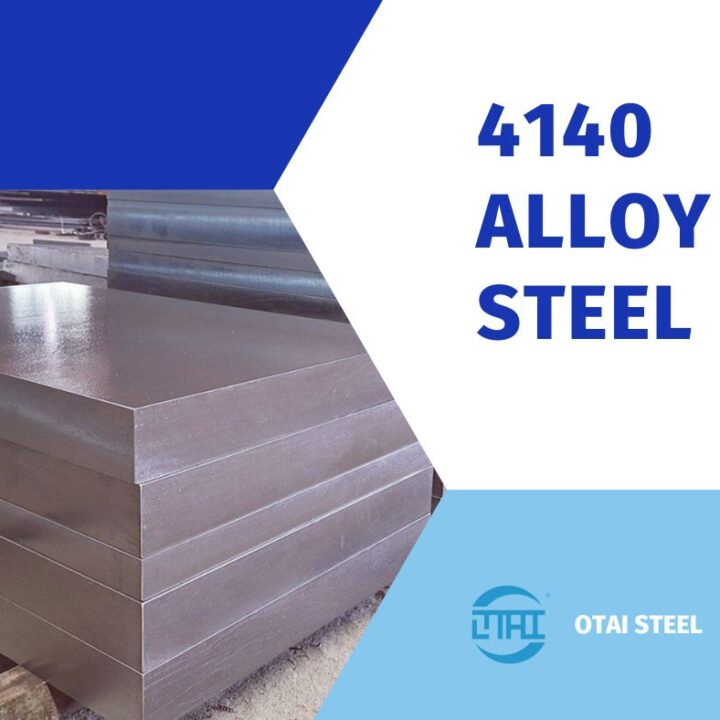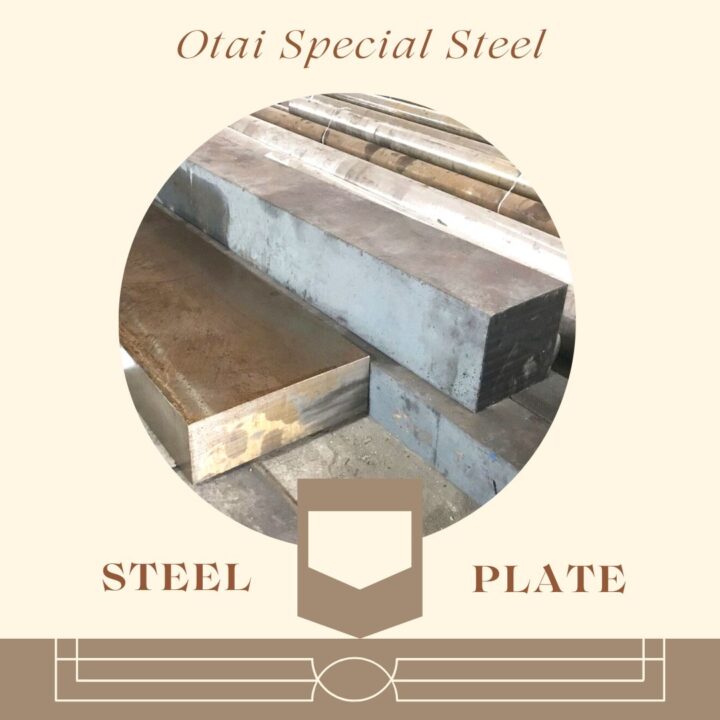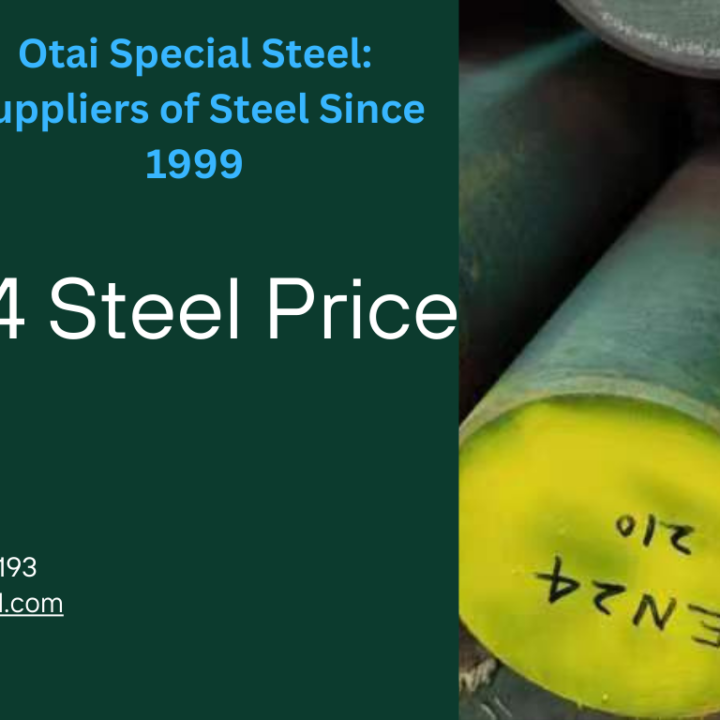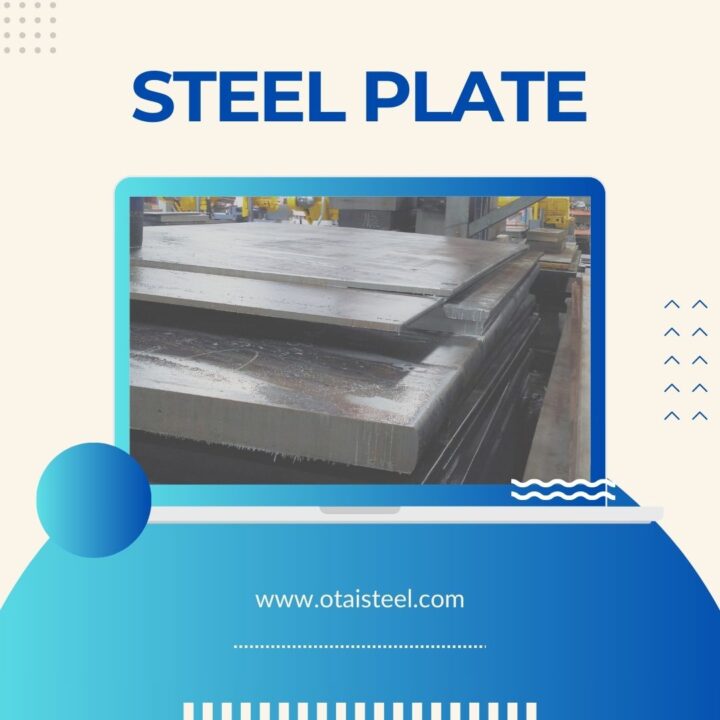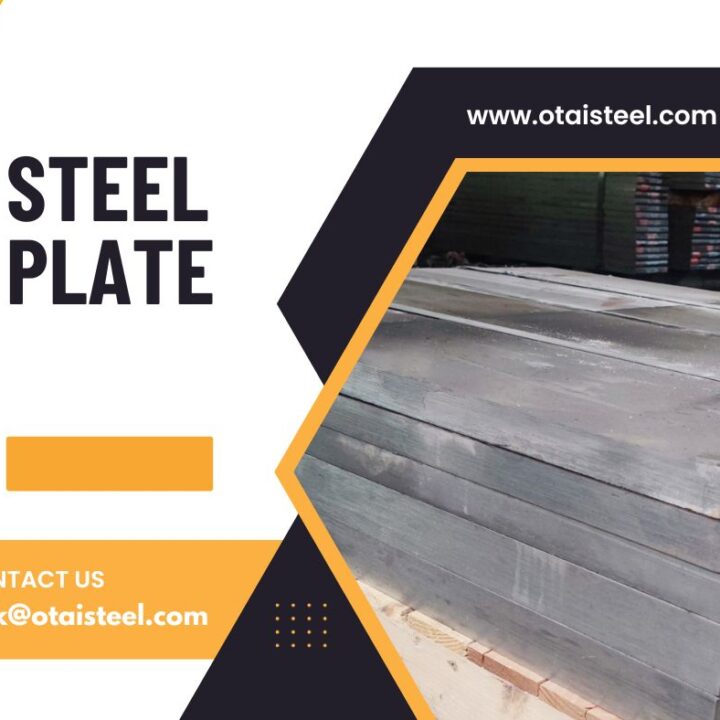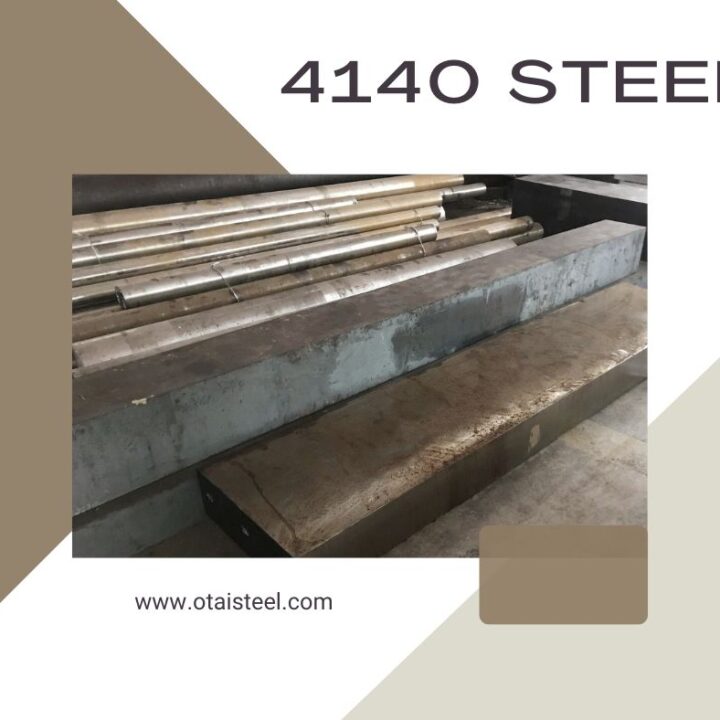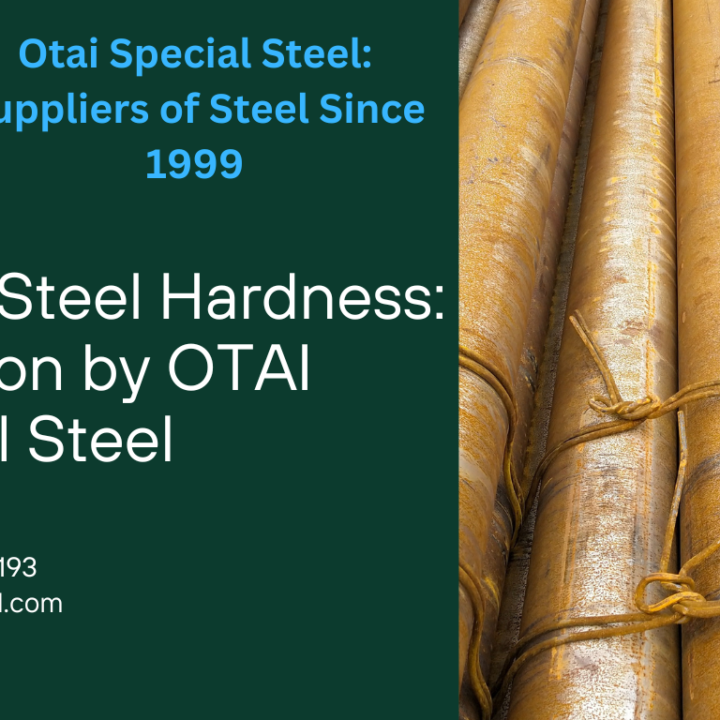In the realm of precision engineering and high-performance alloys, DIN 1.2316 steel material properties stand as a paragon of excellence. Its properties, meticulously crafted through a sophisticated alloying process, define its stature as a premium material for a myriad of applications. Join us on a journey as we unravel the intrinsic properties that make DIN 1.2316 steel a preferred choice in the world of precision engineering and toolmaking.
The Blueprint of Strength: Chemical Composition of DIN 1.2316 Steel
- Carbon (C): Serving as the foundation, carbon imparts strength and hardness to 1.2316 tool steel. Its controlled presence ensures the alloy maintains machinability while offering formidable strength.
- Chromium (Cr): Chromium plays a pivotal role in enhancing the hardenability of DIN 1.2316 steel. It contributes to the alloy’s corrosion resistance, adding a layer of durability crucial for various applications.
- Nickel (Ni): Nickel enhances the toughness and impact strength of alloy steel grade 1.2316. This element is instrumental in promoting ductility, making the alloy resilient in applications subjected to heavy loads.
- Molybdenum (Mo): Molybdenum contributes to the alloy’s elevated strength, wear resistance, and the ability to withstand high temperatures. It works synergistically with chromium to create a robust steel with superior performance characteristics.
Precision Forged: Heat Treatment and DIN 1.2316 material properties
- Heat Treatment: alloy steel grade 1.2316 responds well to heat treatment, allowing for precise adjustments in its mechanical properties. Processes like annealing and quenching refine the microstructure, optimizing hardness, toughness, and overall performance.
- Hardness: DIN 1.2316 steel exhibits impressive hardness, making it suitable for applications where wear resistance and durability are paramount. The alloy’s ability to maintain hardness even at elevated temperatures enhances its performance in challenging environments.
- Toughness: The alloy’s fine-tuned composition, including nickel and molybdenum, contributes to its exceptional toughness. 1.2316 tool steel can withstand heavy impacts and stresses, making it ideal for toolmaking and precision components.
Applications Amplified: Where DIN 1.2316 Steel Excels
- Precision Molds and Dies: The combination of hardness and toughness makes DIN 1.2316 steel a preferred choice for precision molds and dies in the plastics industry.
- Toolmaking: Whether crafting intricate cutting tools or precision components, DIN 1.2316 steel’s properties make it a versatile material in toolmaking applications.
Supplier Spotlight: OTAI’s Commitment to Excellence
Choosing the right supplier is pivotal when it comes to sourcing DIN 1.2316 steel. OTAI, a distinguished supplier, stands out for several reasons:
- Comprehensive Inventory: OTAI maintains a substantial inventory of DIN 1.2316 steel, ensuring a consistent and reliable supply throughout the year.
- Customization Expertise: Different specifications can be accommodated to meet the unique requirements of various projects, showcasing OTAI’s commitment to meeting diverse application needs.
- Reliability in Excellence: With a track record of delivering quality materials and a commitment to customer satisfaction, OTAI is a trusted partner for those seeking precision and excellence in alloy steels.
